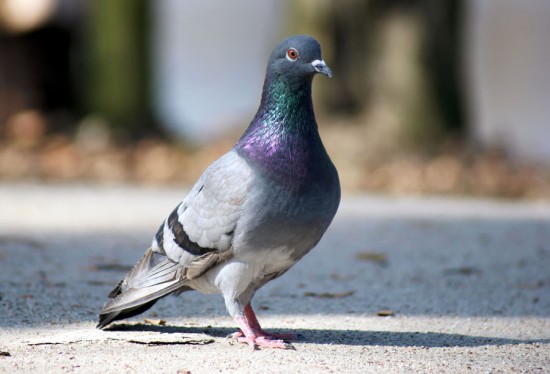
Leptospirosis is an infection that affects the blood, liver, and kidneys of dogs. This disease is spread by carrier rodents, like rats, but once a dog gets infected he will be a carrier of the disease himself and will infect others as well. The most common way to acquire the disease, however, is through ingestion of the infected urine of the carrier. Other ways of transmission is through contact with damaged or very thin skin.
Leptospirosis does not show any sign or symptom at all. If this happens, then the bacteria has already been defeated by the dog's immune system. Sometimes, though, it can defeat your dog's natural body system. There are three main groups or types of this disease: renal (affects the kidneys), icteric (affects the liver), and hemorrhagic (affects the blood and causes bleeding.)
The Hemorrhagic type starts with symptoms such as fever, appetite-loss, and lethargy. Your dog's eyes and mouth will begin to develop small hemorrhages and soon will have extreme bloody vomits and also diarrhea. This type of leptospirosis is often fatal.
The Icteric type starts almost the same way as the hemorrhagic type involving fever, appetite loss, and lethargy. The eyes and the mouth will start to appear yellowish, similar to one that is affected with jaundice. At time, your dog's skin will also appear yellowish, too.
The Renal type, exhibits the same kind of symptoms as the former two. But, soon enough, this will lead to failure of the kidneys.
All the preceding types of leptospirosis can be cured and treated and all of them, too, can be fatal for your dog. Dogs who survive Renal Leptospirosis are going to suffer from chronic diseases of the kidney for most of their lives.
Treating this disease is usually done through the use of antibiotics and if done early will be successful enough in stopping the disease. The cases of Leptospirosis has become quite rare ever since the vaccine has been introduced for this kind of disease. Puppies from six to eight weeks are inoculated with the vaccine and are given another yearly shots to maintain your dog's immunity.
The best way to avoid catching this disease is to keep your surroundings clean and sanitary and also, through yearly vaccinations. When there are no rodents around who may be carrying the disease, there will be no chances for your dog to come into contact with any infected urine and acquire the disease, even if he has not yet been vaccinated for it. The vaccine is going to affect your dog adversely but you need not worry since this is only normal. The dog will become lethargic, depressed and might lose his appetite, but these would only be mild ones. It will last for a quite a few days but after that, your dog will be just fine.
Learn how to naturally treat dog arthritis with Synflex glucosamine on Steve Weber's web site.
 Selective Breeding And Line Breeding In Dogs - What Is It And How Is It Done?
Selective Breedin
Selective Breeding And Line Breeding In Dogs - What Is It And How Is It Done?
Selective Breedin
 How Do Male Dogs Respond To The Addition Of A New Baby Into The Home?
How Do Male Dogs
How Do Male Dogs Respond To The Addition Of A New Baby Into The Home?
How Do Male Dogs
 Four Ways To Teach Your Dog Or Puppy Better Bite Inhibition
Four Ways To Teac
Four Ways To Teach Your Dog Or Puppy Better Bite Inhibition
Four Ways To Teac
 Racing Pigeons – How To Get Started
Racing Pigeons –
Racing Pigeons – How To Get Started
Racing Pigeons –
 Turtle Or Tortoise | What’s The Difference?
When you are walking in the woods and come across a turt
Turtle Or Tortoise | What’s The Difference?
When you are walking in the woods and come across a turt
Copyright © 2005-2016 Pet Information All Rights Reserved
Contact us: www162date@outlook.com